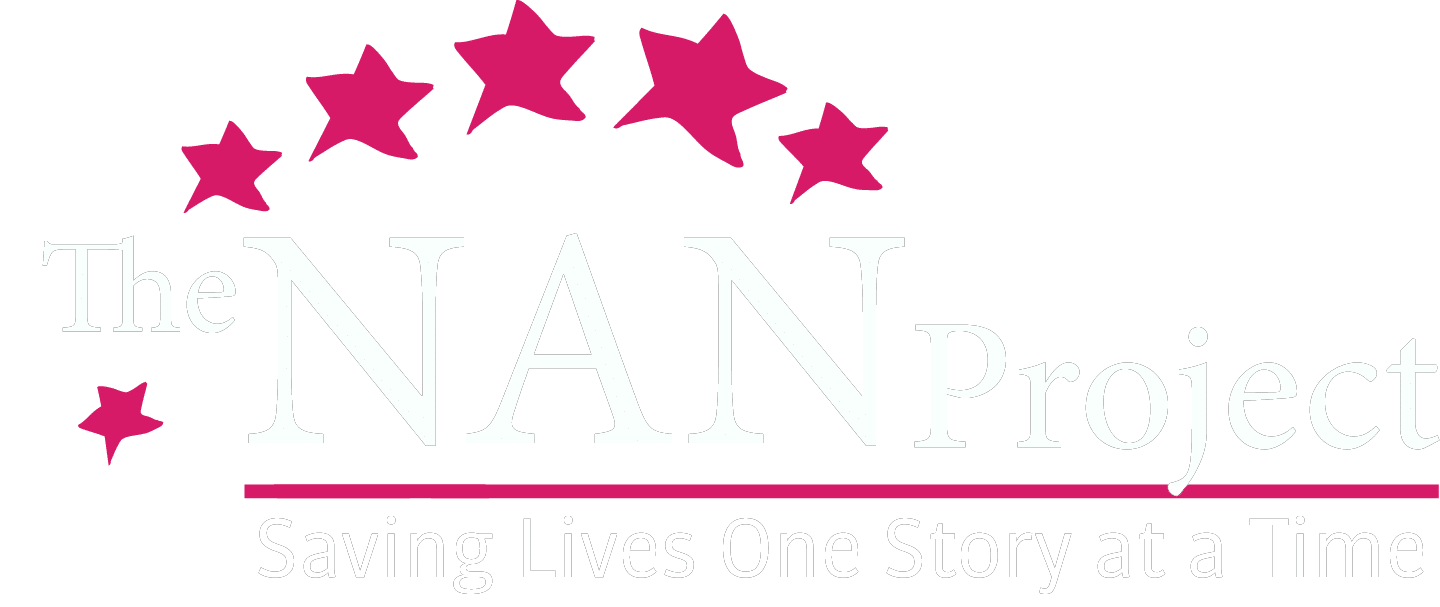Uncategorized
Who we are
THANK YOU(!)…. to all our amazing Supporters this Fall
TNP on 5 For Good
Recap on the Night 4 NAN!
Attending a Social Justice Workshop at DPH Suicide Prevention Conference
Spring 2019 Recap!
Tragedy and Hope at Lowell High School
Sarah Dickie PM Spotlight Interview
Phoenix’s Peer Leaders finish Mural of Resiliency
Autumn in Review 2018
Summer Time Recap
